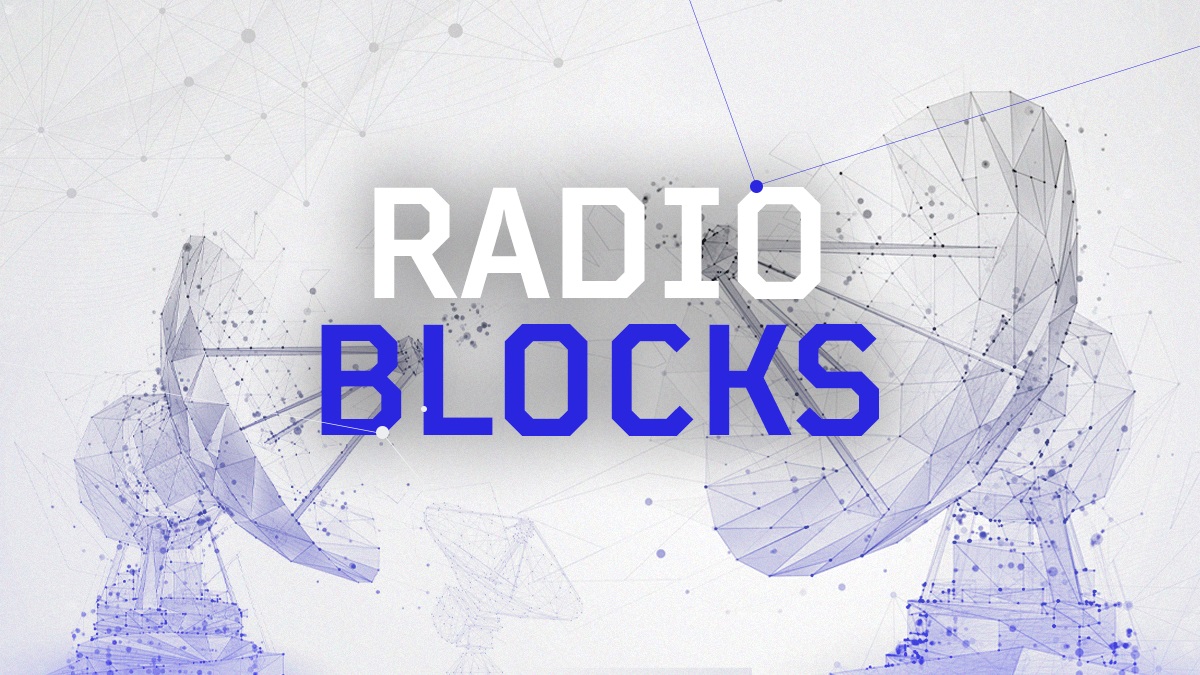The European Commission has released 10 million euros to the RadioBlocks consortium to develop new technology for future radio telescopes. The consortium is led by JIVE in Dwingeloo and consists of radio observatories, universities and companies, mainly from Europe.
The consortium was called RadioBlocks, because of the building blocks it wanted to develop for radio telescopes. The four building blocks are at the heart of this. They make telescopes faster and more sensitive, giving them a wider view and enabling more efficient data processing.
Building Block 1: Faster
The first building block concerns the new correlator technology. This technology ensures that the data from the radio telescope is combined as precisely as possible. The new correlator for radio telescopes will soon be able to use the latest graphics cards.
Building block 2: more sensitive
The second building block the consortium is looking to improve is the RF and IF detectors. RF stands for Radio Frequency, IF stands for Intermediate Frequency. These detectors are located on all satellite dishes throughout Europe and pick up signals from the universe. Better detectors are more sensitive to weaker signals.
Building block 3: wider
The third building block concerns what is called a phased array receiver. Roughly speaking, these are compound eyes on a large radio dish. The disks are often decades old, but with new compound eyes they can observe larger areas of the sky.
Building Block 4: slimmer
The fourth and final building block involves making data processing as smooth and intelligent as possible. To this end, the researchers will experiment with simulations that accurately mimic the observing conditions.
The project received four years of funding from Horizon Europe. This project builds on previous rounds of European funding. In addition to countries from the European Union, Japan, South Korea, South Africa and the United Kingdom also participated. Involved from the Netherlands included the universities of Groningen, Delft, Leiden and Nijmegen, the LOFAR telescope and Event Horizon Telescopeproject. Coordination is in hand ACCENTa Dwingeloo-based consortium in ASTRON and which connected radio telescopes in various European countries, creating one large telescope.
“It is good that several Dutch universities, institutes and companies are part of this consortium,” said Huib Jan van Langevelde, who works at JIVE at the University of Leiden and is project director of the Event Horizon Telescope. “This project is in line with Dutch ambitions, for example in making the best black hole images.”
The RadioBlocks Consortium will develop new technologies for future radio telescopes. The consortium is led by JIVE in Dwingeloo and consists of radio observatories, universities and companies, mainly from Europe. (c) JIVEs [hoge resolutie]
This post is an edit of one of these JIVE press release in English

“Coffee trailblazer. Analyst. General music geek. Bacon maven. Devoted organizer. Incurable internet ninja. Entrepreneur.”







